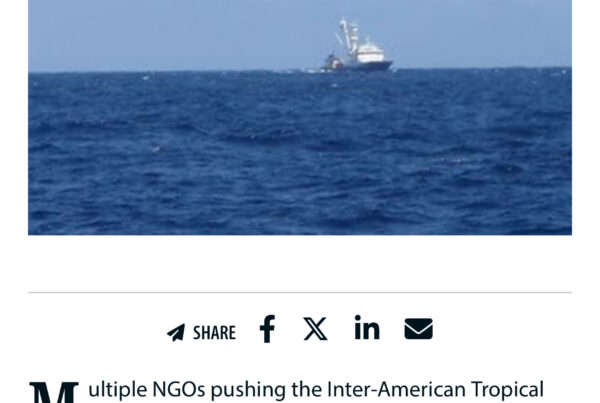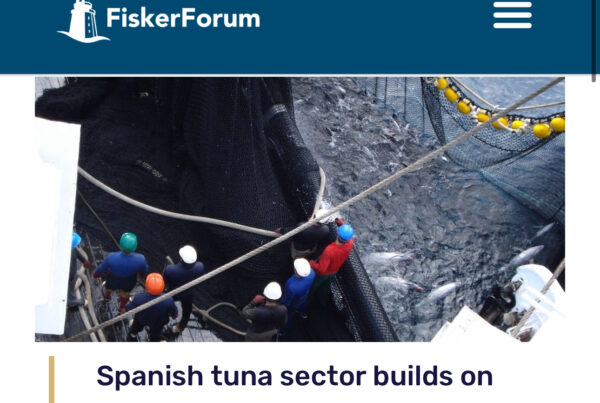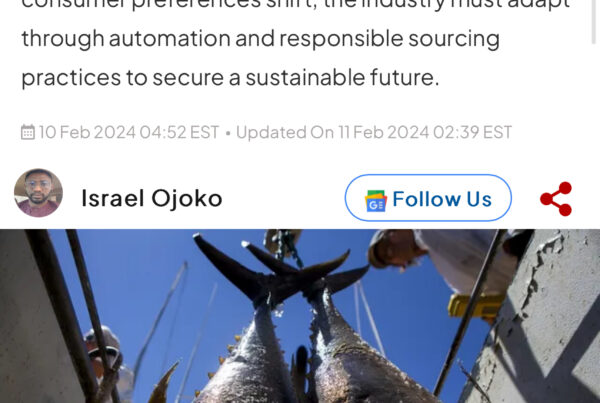The Western and Central Pacific Fisheries Commission (WCPFC) wrapped up its 19th regular session in Da Nang, Vietnam, on 3 December, 2022, with an agreement to adopt a management procedure (MP) for skipjack tuna, but watered down the action by making it non-binding.
While the skipjack stock managed by the WCPFC is currently deemed healthy, the Marine Stewardship Council and other conservation groups have been pushing for the adoption of an MP, also known as a harvest strategy, as important for ensuring the stock’s long-term sustainability.
An MP is a simulation-tested set of rules used to determine management actions, in which data, assessment methods, and harvest control rules for implementing management actions are pre-specified. Harvest control rules (HCRs) are pre-agreed guidelines that determine how much fishing can take place based on the targeted stock’s status. The benefit is that as the MP is pre-agreed, political negotiations cannot supersede the science-based recommendations.
The skipjack MP was made non-binding because the Parties to the Nauru Agreement (PNA) – eight island countries containing some of the world’s most-productive skipjack tuna fishing grounds –preferred to keep the ability to adjust harvest to give stability to its “vessel-day scheme” sales, an effort-based control, rather than the total allowable catch approach of the MP. The plan that was adopted was proposed by the PNA.



